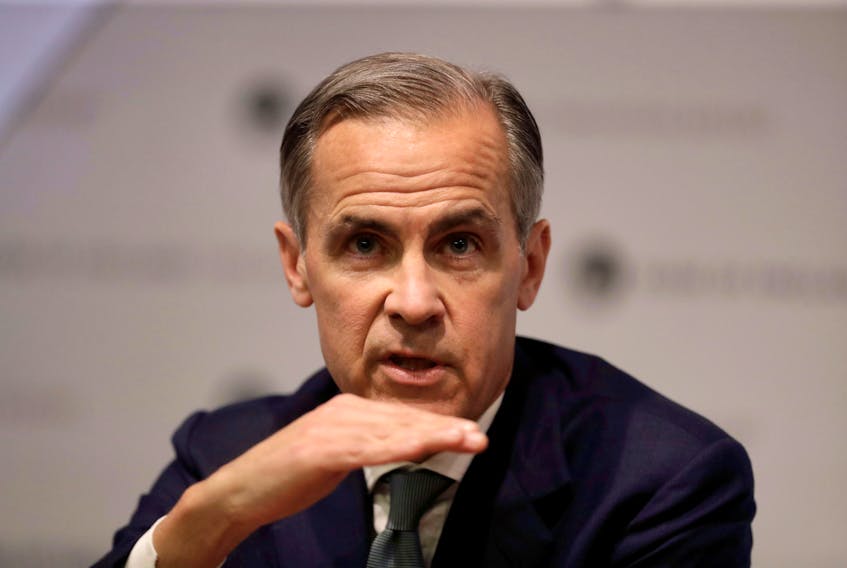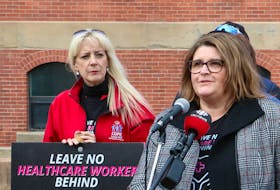In the 2015 election, the Trudeau government riding a “Sunny Ways” platform appealed to the environmental concerns of Canadians by promising real action on environmental issues, particularly on global warming. Among the commitments made was the promise to phase out multi-billion dollar subsidies to the fossil fuel industry. Again, in the runup to the 2019 election, Canadians made their voices heard as they raised increasing demands for more action on climate change.
Since it came to power in 2015, the Trudeau government has continually failed to address the now critical global warming crises. Despite promises made at the Paris meetings to reduce green house gas emissions by 30 per cent below 2005 levels by 2030, a recent UN report indicates that emissions in Canada are expected to be 15 per cent higher. Unless there is a seachange in thinking in Ottawa, the target of zero emissions by 2050 is a mere fairy tale.
The Liberal government’s support for oil and gas extraction continues to be unwavering. It appears that rather than reducing the mining of the tar sands, the federal and Alberta governments seem intent on plucking the last few feathers from the golden goose, and to do so as soon as possible. Billions of taxpayers’ dollars are still going into support for the oil and gas industry — dollars that could be used to transition to a green economy.
As well, with minimal consultation with Indigenous groups, environmentalists and members of Parliament, Trudeau announced the purchase of the Kinder Morgan Pipeline (now the Trans Mountain Pipeline). According to a CBC report, the pipeline has cost Canadian taxpayers over $12.5 billion thus far, and the costs continue to head north. That is a huge, misplaced investment in a project that polls indicate is supported by less than half of Canadians. However, this is mere pocket change when compared to the cost of cleaning up tar oil spills in the Burnaby area of B.C. If the Trans Mountain Pipeline is completed tanker traffic in the treacherous inside waters around Burnaby will increase from 60 per year to over 400. To many environmentalists, Indigenous groups and everyday citizens of B.C. this looks like a disaster waiting to happen. Superimposed on this threat is a warning from seismologists that B.C. can expect a major earthquake within the lifetime of the pipeline.
Ironically, according to Mark Lee of the Centre for Policy Alternatives, two pipelines (Keystone XL and the new Enbridge Line 3) now under construction will have the capacity to deliver 1,600,000 barrels per day to the USA. In his opinion, this means that Canada will have more transmission capacity than needed, thus making the Trans Mountain Pipeline unnecessary.
More recently, the Trudeau government, as part of its COVID-19 assistance program, sent 1.7 billion tax payers’ dollars to Alberta, B.C. and Saskatchewan to clean up some of the thousands of orphan wells left behind by irresponsible and unregulated operators. Of course, this handout has been packaged as support for workers in the oil and gas sector. Despite a Supreme Court ruling that oil and gas companies who cut and run are legally responsible for cleaning up their mess, the Trudeau government has pushed on. As critics note, all of these workers, and many more, could have been absorbed into the transition to a green economy.
It appears that the current Liberal government has missed the writing on the wall regarding the future of fossil fuels. Mark Carney, outgoing governor of the Bank of England and former governor of the Bank of Canada, remarked last December that up to half of the oil and gas reserves will become worthless stranded assets. In January, BlackRock, the world’s largest investment assets manager, announced that it would abandon oil investments that pose climate risks. In May, the prime minister announced that Norsk, one of the world’s largest investment funds, would exclude from its portfolio four major companies mining the tar sands because of environmental concerns. Just about every day, there are new announcements of international investment withdrawals.
Over and above the ever-increasing concern expressed globally about climate change brought on by the fossil fuel industry, the business model for tar sands mining makes little sense. Producing tar sands crude that is one-third more expensive to produce than conventional oil and sold at a 30 per cent discount in a depressed and unpredictable market appears doomed for failure.
Canadians can only hope that our federal government will not continue to throw good money (our money) after bad. If reports out of Ottawa are correct, Mark Carney will become Trudeau’s chief adviser on economic revival after COVID-19 has run its course. This bodes well for the Canadian environment and future support for a green economy. Mark Carney is currently the UN Special Envoy on Climate Action and Finance.
Dr. Edgar MacDonald is a retired university professor who lives in Winsloe and has a particular interest in research on global warming.









